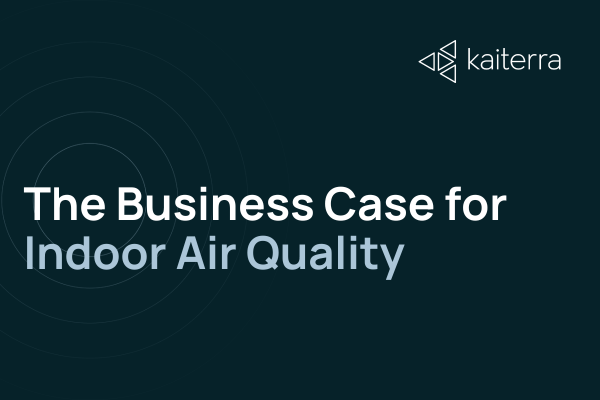Newsletter
During pregnancy, fetuses are more susceptible to the harmful effects of air pollution. Air pollutant exposure leads to serious health problems such as low birth weights and premature births. They have also been tied to decreased lung function in infants and children.

Exposure to Air Pollution During Pregnancy
Exposure to air pollution during pregnancy has both short-term and long-term health consequences. In worst-case scenarios, it can increase the risk of morbidity and mortality.
Research is always uncovering more serious data about what polluted air can do to pregnant women and their babies. Studies support the hypothesis that childhood allergies and diseases originate in fetal life. Effects of air pollution on developing fetuses include increased risk of developing:
- Asthma
- Rhinitis
- Eczema
Protecting Yourself From Air Pollution During Pregnancy
There's a lot you can do to decrease your exposure to pollution while pregnant. A few simple solutions include:
- Staying inside. Minimizing the time you spend in highly polluted areas will mitigate the amount of toxins that can be passed to a fetus.
- Purchase safe household products for your home. Anytime you cook, clean, or paint you introduce contaminants in the air. Keep your home safe by selecting natural cleaners and household goods.
- Buy an air purifier. These devices help remove irritants such as smoke, mold, and germs from your home.
- Stay up to date about the air quality in your area by checking the Air Quality Index.
- Know what you’re breathing by monitoring your air quality at home.






.png?width=200&height=148&name=Menu%20C%20(2).png)

.png?width=307&height=228&name=Menu%20-%20D%20(1).png)
.png)




